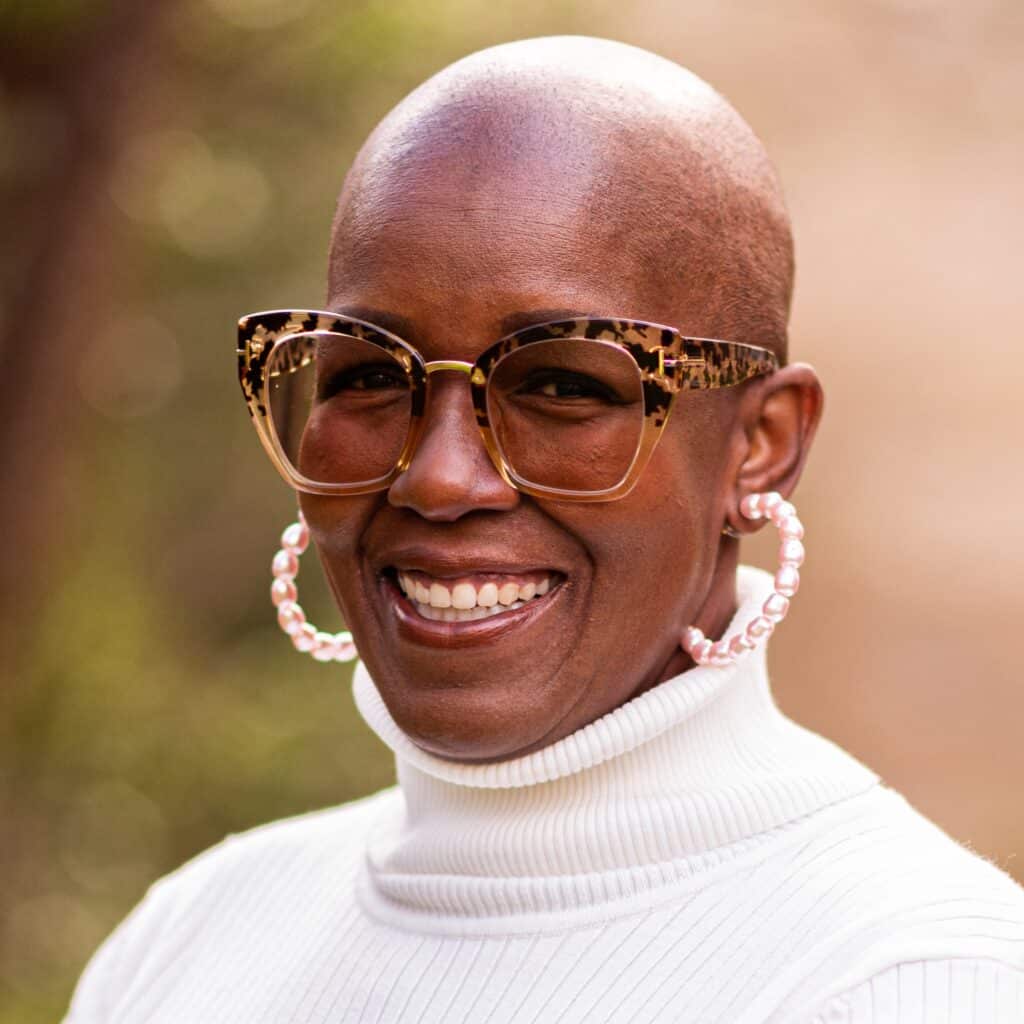Coming to Chattanooga State in the Spring of 2020, I had no idea what I wanted to do; I just needed to occupy my time. However, upon starting classes, I began to enjoy them. The conversations were terrific and spoke to current issues, and it felt like a privilege to hear opinions from younger people and be in the discussion.
It was never my plan to be active on campus; I was just going to get this degree and move on. I assumed that a community college campus was for younger students, not my close-to-middle-age self. This was a falsehood because community college is for everyone, but we have to make sure we do our part to include everyone.
In my Composition I class, I connected with an adult student, a woman in her fifties, who seemed to be struggling in the class — she could not hear out of her left ear. I saw Professor Guzman go out of his way to make sure this woman could hear him. He did not draw attention to her but would ensure she was included in the discussion. Just like that, my advocacy button was activated.
I have been privileged to discuss policy and rules in advocating for students. Inclusion conversations should always ask whether a policy exists to make the school look great or to build great students continually. You can have both, but you have to be student-centered first. As a result, inclusion doesn’t always happen.
For example, in creating a safe space for Black women in our Chick Chats events, we were apprehensive to say certain words because we didn’t want to offend anyone. This is proof that inclusion still needs work: When you feel who you are is offensive to people, that is a big indicator, in my opinion, that someone doesn’t feel included. Some of the inclusion work can start with students — we, as students, can create these spaces in collaboration with our campus leaders. I went to Dr. Thomas, the director of recruiting, and asked for her help; that is how you strengthen inclusion. You are the change agent you want to see.
“[Being a DREAM Scholar] is an amazing opportunity to learn from the best; however, it is also a gift to teach the country’s best educators about what is working from a student’s perspective.”
– Zennia Nesmith, Chattanooga State Community College
Institutions enjoy coming up with grand mission statements to attract potential students. However, it is also the institution’s job to make sure that the mission statement is true constantly. Colleges have to start thinking outside the box and ensuring everyone is included.
As student government association president, I interacted with a lot of students. Once, an adult student, about 60 years old, was wandering in the student center lost. I asked him if he was looking for something, and he told me that he was looking for a place to turn in his assignments. He wanted to turn all of the assignments he had written in a notebook to his professor. He was taking two online courses, and our campus’s completely electronic submission process was not communicated to him in a way that he understood. We reached out to department heads to help this gentleman. I am proud of my campus for collectively assisting him and focusing on new initiatives to ensure this does not happen again.
We all have a voice; what I am interested in doing for the rest of my life is to speak up with others to keep duplicating inclusion.
After graduating this spring, I continued my education at the University of Tennessee Chattanooga in the fall of 2022, pursuing my bachelor’s in psychology. I am also focused on my nonprofit, Empowered Connections. Being a DREAM Scholar was a fantastic opportunity, and I feel this experience has prepared me for my next venture in higher education.
This guest post is part of an ongoing series highlighting the perspectives and ideas of DREAM Scholars, current or former community college students who are making a change in their communities.
Learn more about the DREAM Scholars program